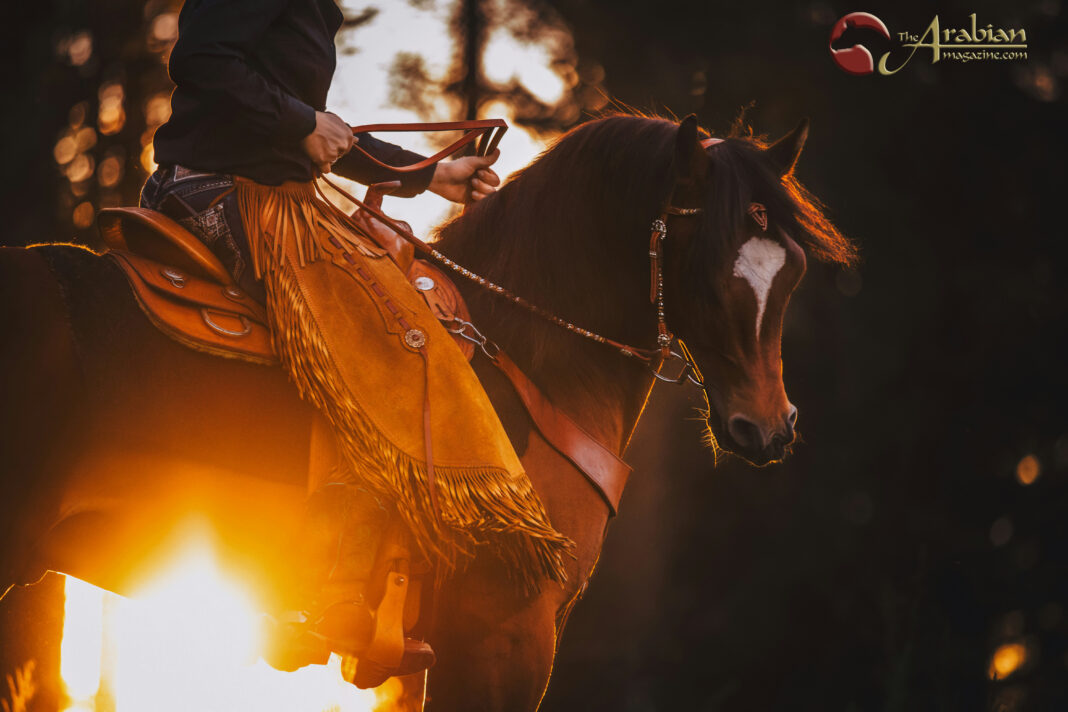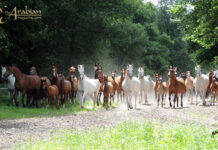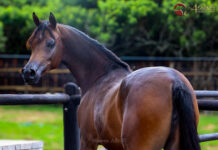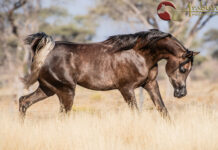Dr Lynn Pal, [BSc (Hons), PGDip Sport, PGC (BPS personality A & B), PGDip CBT, MBCT, PhD, PGCHE, C Psychol.], a Neurobiological and Behavioural Chartered Psychologist with a background in Biomedical Sciences and Psychology, is back with her look at ‘learned helplessness’.
Have you ever wondered why you cannot seem to start a task, even when you know it is really important and will be useful, or even essential, to you, your family or your friends? Often it is not due to laziness, but something psychologists call ‘learned helplessness’.
I keep finding an excuse to cancel my plans
Have you ever said the following to a friend, family member or colleague? Have you ever thought the following but never said it out loud?
“Whatever I do, it doesn’t matter as the outcome will always be the same?”
“It’s too hard; I will just give up.”
“No matter what I try, things never get better.”
“Bad things always happen to me.”
“I just don’t know how to make it stop.”
All of us have had moments in our lives where we have felt or said the above. However, the cause for concern is not whether we have thought it for a moment but if we believe it is indeed true, which will eventually impact our behaviour.
Our ‘what if’ thoughts keep us up all night
We often find that if we have experienced repeated stressful situations, it will eventually result in us believing we are powerless to change our circumstances. Difficult experiences can cause coping mechanisms to form cognitive blocks. These mental blocks can cause symptoms such as procrastination, distraction, restlessness, anxiety, stress, worry, and insomnia. Eventually, we become trapped in a psychological condition called learned helplessness. This is where a human or animal has learned to behave helplessly in a specific situation even though they have the power to change that situation.
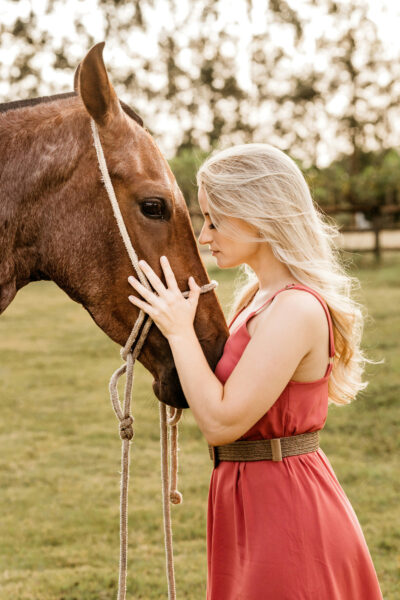
Just because we believe something, it does not make it true
How can we relate this to our equestrian world? We will use the example of a competition, particularly where we are required to qualify. At this stage, all horse/rider/handler partnerships have qualified, so the chances of winning should be equal for every partnership entered.
However, even before the competition begins, some partnerships will have already reduced their chances of performing well. These partnerships, despite all their training and qualifying for the event, would have perceived certain aspects of the actual competition day in a negative way and found excuses for why they will not perform to their best ability. Everyone at a competition has a chance to perform to their best ability; however, this cannot be done if self-doubt, low motivation, distractions and a lack of concentration start to appear.
Thinking is good for the mind, but thinking too much leads to distraction
Some examples of finding a distraction include the judge and the fact we had previously scored low with that judge; concentrating on a competitor that had beaten us in the past; or focusing on the weather and how it rained previously and we then performed badly. What should have been a normal part of the competition will now grow and grow into a problem. We start to shift from thinking logically to thinking illogically.
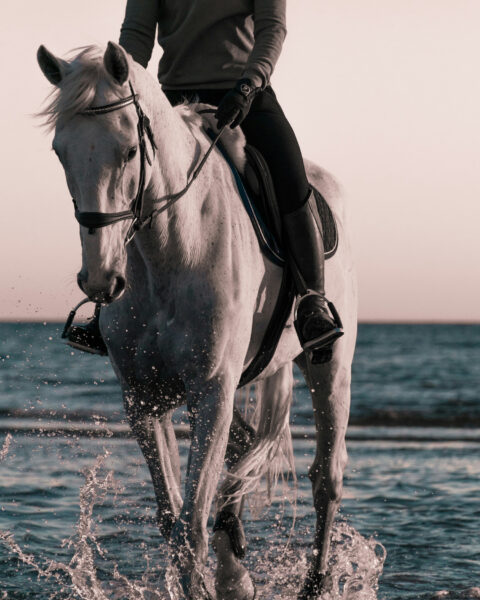
Suddenly, we focus on other issues such as lack of training, or we start to remember times where our performance was not ideal. We look for other issues in the environment to give us more evidence that issues will occur, such as sounds, objects and banners that our horse could react to. We might start to remember times where our performance was weak. Or we may think about the worst possible scenarios coming true.
It is just a thought and not the truth
During the competition, these negative cognitive thoughts will cause a distraction, resulting in the ‘fight or flight’ response, leading to tension in our body. Consequently, we rush around, therefore overlooking crucial environmental cues that are needed for our pre-performance routine. This is followed by a loss of concentration and focus.
What started as a simple thought has now escalated into a situation where we lose focus and concentration; we start to experience memory lapses, sweating, tension in the body, nausea, and develop a sense of dread. Our horse will now also feel these behavioural changes, and they will start to react to the situation in a similar pattern. Before we know it, each negative event or thought reinforces another to drive things from not ideal to bad to worse to impossible, which deteriorates over time. When we experience all of the above conditions, we will not be able to perform to our best ability. Many will now do the activity but cannot give their best effort.
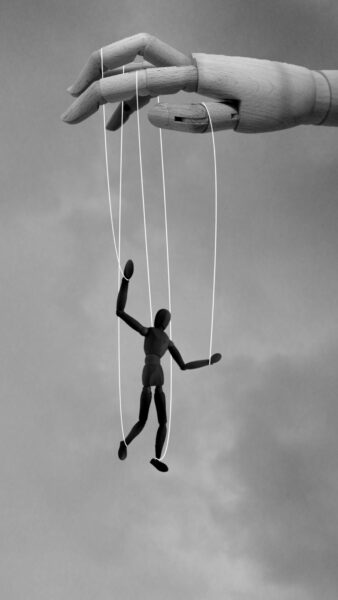
Greatness starts when you say: I will
Learned helplessness does not occur overnight but builds up overtime and keeps growing. If we do not stop this pattern of behavioural and emotional responses, it will continue to be repeated every single time we put ourselves in that specific event. Eventually, just the thought of being in that situation will result in this negative experience and result in us avoiding the activity all together. What was once something we loved and enjoyed is now something we dread and avoid. We start to believe that no matter what we do, the outcome will always be the same and it is pointless trying to change it. But it does not have to end with us quitting and avoiding certain situations. In fact, we can stop the pattern of events and stop the ongoing downward spiral.
Change the way you look at things and the things you look at change
How do we take back our control? Asking for help is the first brave step you need to take. The first area to investigate is our thoughts. Awareness of our negative thoughts is key. One suggestion is to write these down. Next, we need to change these negative statements into positive ones that can lead to small actions and taking back control.

Control is the key to gaining autonomy. During learned helplessness, we feel we have no control. We focus on all the things we cannot control, such as the weather, opponents, peoples’ judgments. Instead, we need to shift our focus onto things we can control, such as our breathing or where we look or what we can do or what we think about.
Act your way into a better state
A lack of motivation and energy is usually a problem. We need to remember that motivation is not a feeling but an action. Motivation follows after we do something. The more we do something, the more we increase adrenaline and the more we feel motivation. Thinking about something seldom makes us motivated, but doing something will certainly increase motivation. If we feel we should go for a jog or walk but do not feel motivated, we must give ourselves small goals. First, put on our trainers. Next, walk to the front door. Next, leave the house. If we are listening to music, make the next goal to be able to run or walk for the first song, or, if you are outside, use markers such as jog to the first tree or bin or the end of the road. Keep having these mini goals until the task is completed. If we set out to walk a mile or jog 5km, it is unlikely we will want to do it, particularly if we are tired or it is raining. But if we set ourselves lots of mini goals, suddenly a hard task becomes manageable one step at a time.
Winning is thinking about the positive things around us during the negative moments
Building our self-esteem is another area to work on. Feeling worthless and having a poor opinion of ourselves is certainly common. At some point in our lives, we all have felt this. It can affect our identity, self-confidence and our sense of belonging. Not only do we stop ‘liking’ ourselves, but we believe we do not deserve respect or love.
Signs of low self-esteem include thinking negatively about ourselves or always going out of our way to make the effort to please others. We might feel embarrassed telling others what we want or need.

One way to slowly improve our self-esteem is to be aware every single day of one thing that we were good at and allow ourselves to be proud of this. Another strategy is to remember the difficult times and how we got through them. Keep reminding ourselves that even though we may not feel at our best, we have the ability and strength to get through it as we did previously.
While we may strive for perfection, it does not exist
In conclusion, learned helplessness is where we feel we have no control over our situation and it can negatively impact our performance. Since we feel nothing, we do will make any difference we will stop trying. This is followed by a lack of motivation and effort in other areas of our lives, therefore impacting everything. This can lead to depression, stress and anxiety.
If left, it can influence our work, hobbies, social and psychological well-being. The good news is that this vicious cycle can be interrupted and stopped. Awareness of our negative thoughts is key. These negative thoughts can be replaced with positive instructions. Lifestyle change can be made by using a better sleep routine, diet, exercise and seeking social support.
Top Tips
- Make changes to your lifestyle, such as having a healthy diet, practicing mindfulness, partake in exercise, and seeking support.
- Set yourself clear and manageable goals.
- Awareness of negative thoughts and replacing them with more positive and rational ones.
- Treat yourself kindly and be patient with yourself.
- Challenge your ‘what if’ thoughts by asking yourself, ‘what is the chance of the worst actually happening?’
- Keep perspective. If the worst happens, what will happen?
- Remember we humans and our horses make mistakes. Learn to forgive.
- We are social beings, so ask for help. Do not do it alone.
Dr Lynn Pal [BSc (Hons), PGDip Sport, PGC (BPS personality A & B), PGDip CBT, MBCT, PhD, PGCHE, C Psychol.] is a Neurobiological and Behavioural Chartered Psychologist with a background in Biomedical Sciences and Psychology. Specialist professional qualifications and training include cognitive behavioural therapy, mindfulness, sport psychology and psychoneurobiology. Experience includes 20 years in teaching undergraduate and postgraduate students, an academic career including national and international research publications, consultancy work in national audits and national/international sporting teams, research supervision and a portfolio of sport, health and clinical clients. Dr Lynn Pal provides free sport psychology tips and research updates on Facebook. If you are interested in working with Lynn please contact lynn.s.pal@gmail.com.
For more features from The Arabian Breeders’ Magazine, click here.


